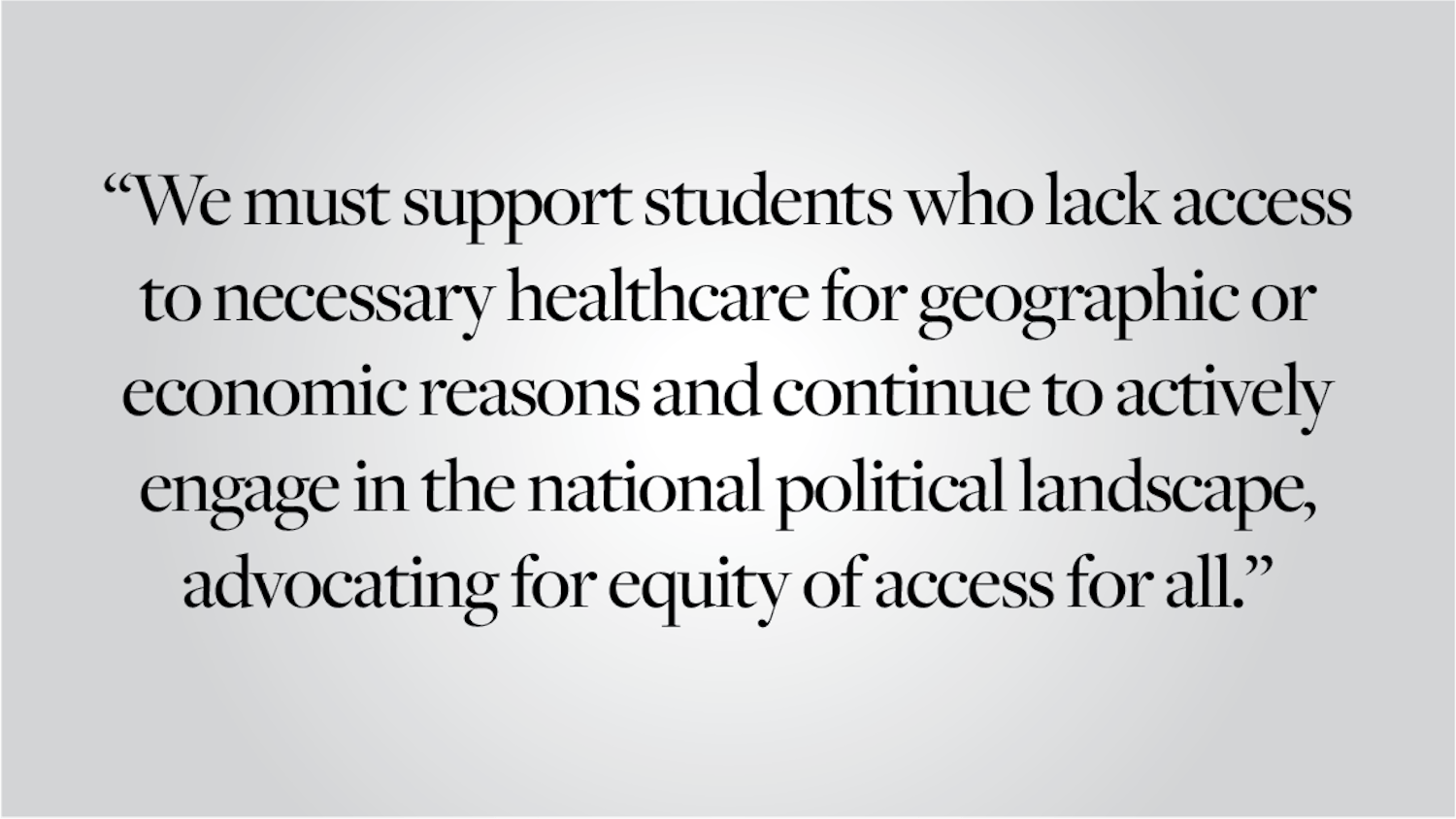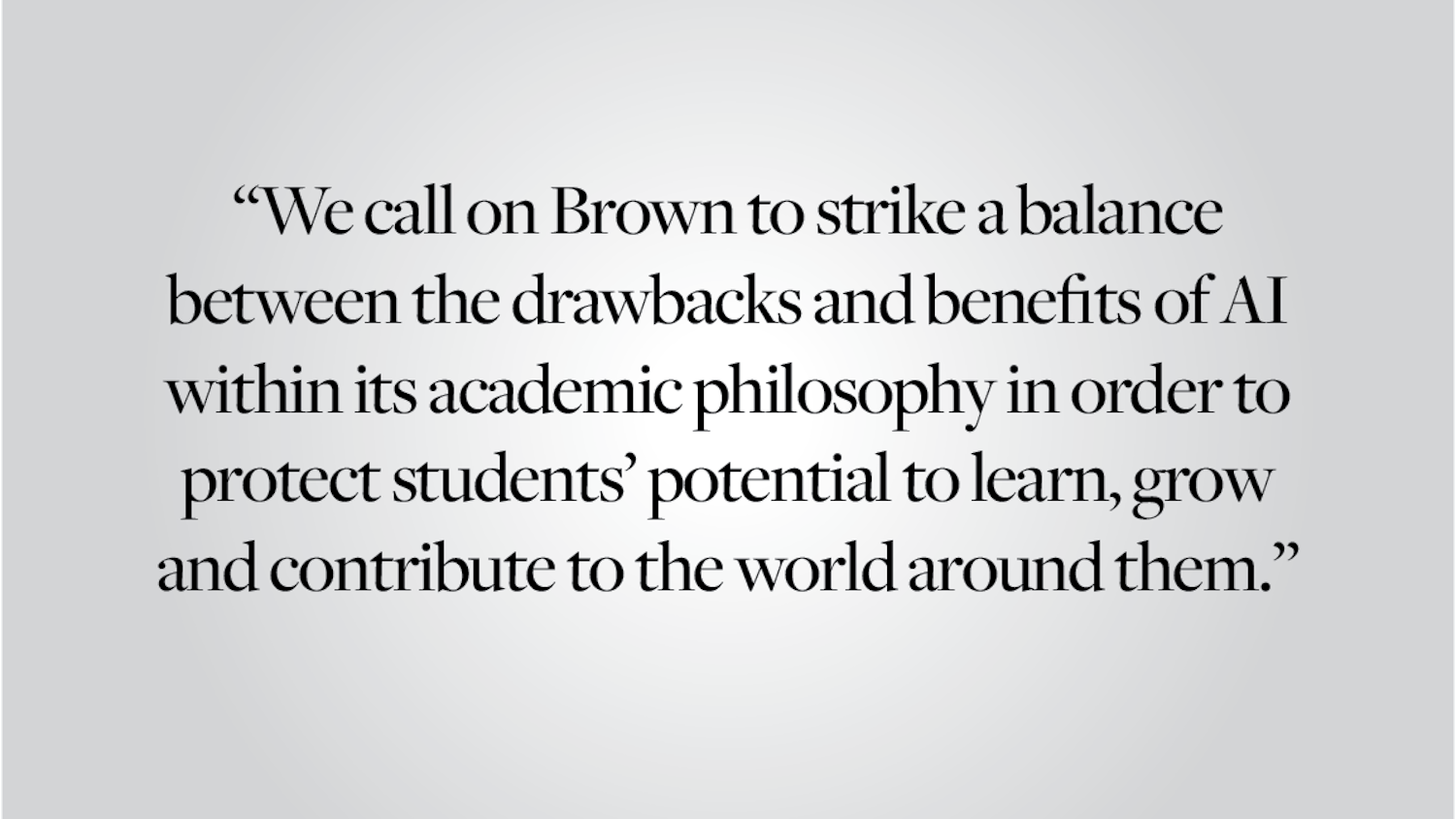In a New York Times column this Sunday entitled “The New Gay Orthodoxy,” Frank Bruni declares victory for the gay rights movement, or at least for the movement to legalize same-sex marriage. “In a great many circles, endorsement of same-sex marriage has rather suddenly become nonnegotiable,” he writes. With shockingly little self-awareness, without even hinting at exactly what sorts of “circles” are endorsing same-sex marriage, Bruni fails to recognize that opposition to same-sex marriage, egregious discriminatory practices in the private sector economy, and much more violent or oppressive manifestations of homophobia are still giant obstacles in the lived experiences of LGBTQ people across the nation. Maybe these obstacles don’t exist in the circles of a New York Times columnist, but that doesn’t make them any less real.
While Bruni is right to be optimistic about the direction of same-sex marriage movements and the declining negotiability of its endorsement in certain circles, now is a dangerous time to declare victory for gay rights. Its victory is still to a considerable extent a tangible reality only for individuals of a high socioeconomic status. We members of the Brown community bear a great responsibility in that we are one of these circles Bruni references. By no means do we live in a community in which LGBTQ people are on exactly equal footing with straight people, but our community basically fits Bruni’s standards: Support for same-sex marriage is essentially nonnegotiable, and its support is almost expected as an indicator of one’s intelligence or civility. We therefore have a responsibility to ensure that we create and maintain these communities in every way we can.
Consider, then, a scenario in which Brown University gives someone a paid platform to speak his mind, and he implicitly endorses violence toward LGBTQ individuals. Surely, given how a great deal of students have responded to individuals on other paid platforms, the student body would not let this slide.
The scenario isn’t hypothetical. In his “Favorite Song,” Chance the Rapper refers to himself as a “slap-happy faggot slapper.” Do we regard this as largely inconsequential — something to be overlooked in the grand scheme of the lyrical genius of Chance the Rapper — or is this another instance of giving someone a paid platform to spout oppressive, in this case violently homophobic, views?
Certainly we cannot equate the power of New York City Police Commissioner Ray Kelly as a potential oppressor with the power of Chance the Rapper, and we cannot equate the platform at the Taubman Center with a spot in the Spring Weekend lineup. It almost definitely cannot be said that Chance the Rapper yields the same sort of power to oppress LGBTQ people as Ray Kelly yields to oppress people of color, but how can his influence as an artist really be measured? Further, what is the marginal change in power given to Ray Kelly when we give him a platform to speak versus the marginal change in power given to Chance the Rapper?
Our intention is not to officially endorse a protest of Chance the Rapper, to petition that he opt out of performing “Favorite Song” or to boycott any Spring Weekend activities. We simply seek to point out the potential discrepancies in our treatment of guest speakers who endorse platforms that the student population would, as a whole, likely oppose. What do we choose to protest, what do we choose to let slide, and can one single explanation justify our various responses to individuals on paid platforms this academic year?
Editorials are written by The Herald’s editorial page board: its editors, Matt Brundage ’15 and Rachel Occhiogrosso ’14, and its members, Hannah Loewentheil ’14 and Thomas Nath ’16. Send comments to editorials@browndailyherald.com.
ADVERTISEMENT




